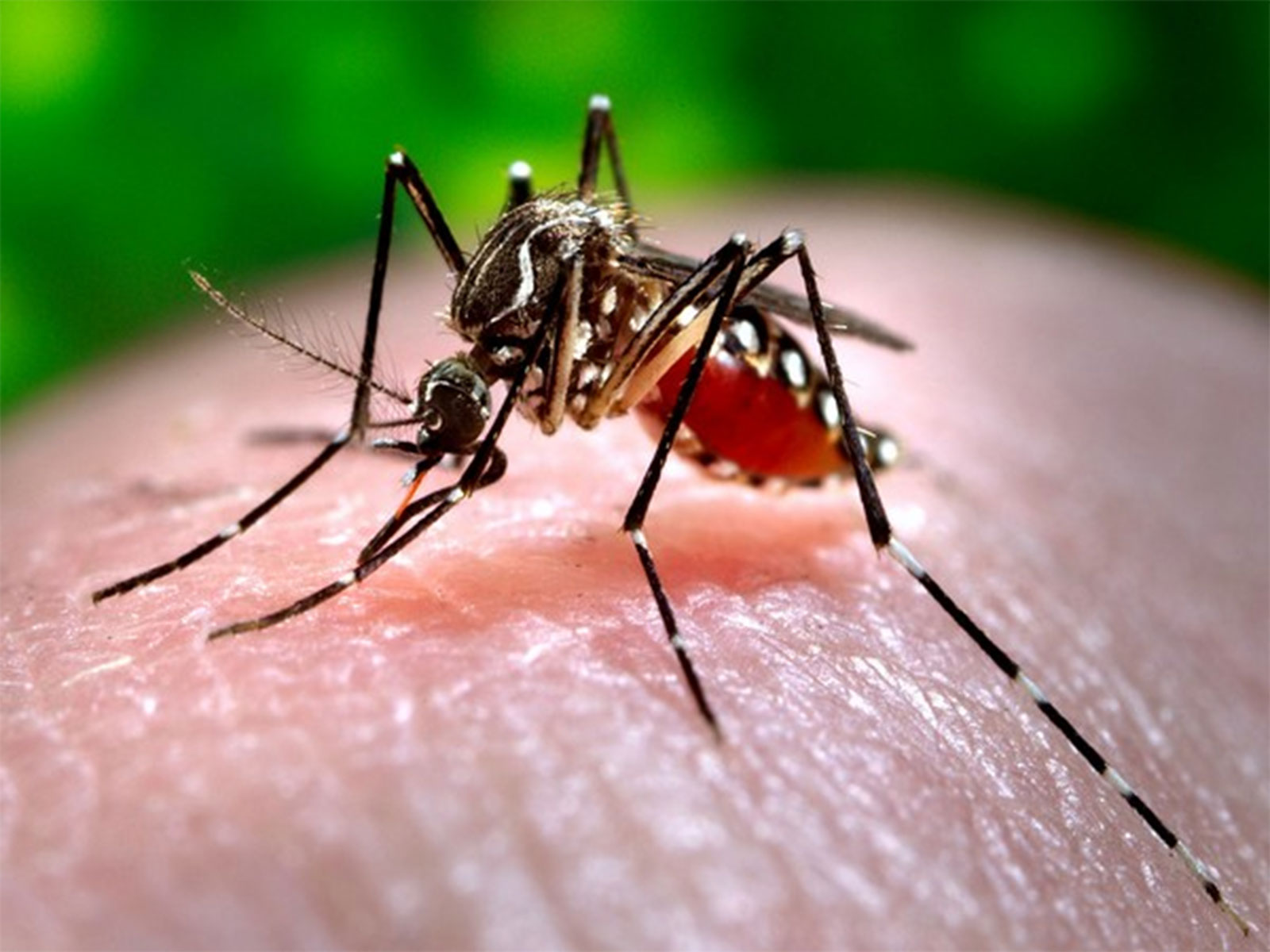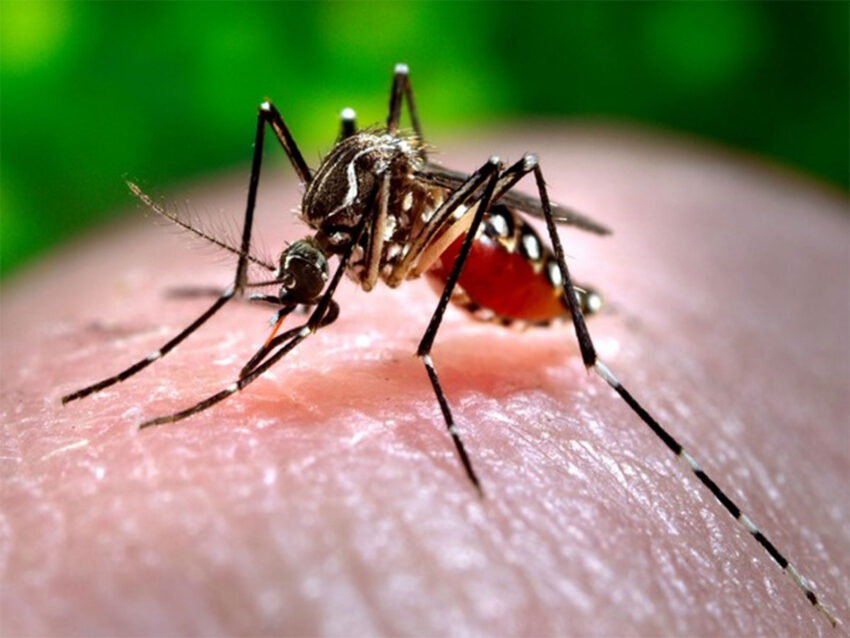
Karachi [Pakistan], October 19 (ANI): The Sindh health department has placed the total number of dengue cases in the province this year at 819, but figures compiled by three major Karachi hospitals and one public laboratory with its branches in Hyderabad point to an outbreak-like situation, with the actual number exceeding 12,000 in just six weeks, Dawn reported.
The government confirmed one dengue-related death in July, but independent data indicate that four patients in Hyderabad — a young girl, two men, and an elderly woman — and two in Karachi died after testing positive for the mosquito-borne disease.
As authorities remained silent over the wide gap between official and hospital data, a senior official of the Pakistan Medical Association (PMA) questioned the accuracy of government figures, saying they did not reflect the ground reality.
According to official data released by the health services director general, the total number of confirmed dengue cases this year stands at 579 in Karachi and 119 in Hyderabad.
However, figures from Indus Hospital, Liaquat National Hospital, and the Sindh Infectious Diseases Hospital and Research Centre show 2,972 dengue cases between September 1 and October 16. Jinnah Postgraduate Medical Centre alone recorded 1,062 cases since July.
The situation at Aga Khan University Hospital was similar, as sources confirmed a spike in dengue cases higher than last year, along with a few deaths.
In Hyderabad, data from the Diagnostic and Research Laboratory of Liaquat University of Medical and Health Sciences (LUMHS) and its branches showed 9,075 confirmed cases from September 1 to October 14, Dawn reported.
PMA-Sindh President Bashir Ahmed Khaskheli described the situation as far more serious than suggested by official statistics. “There is no official mechanism in place to get feedback from private clinics operating in every nook and corner of a locality as well as private hospitals, quacks and even hakeems. Many people constrained by their financial resources don’t even opt for laboratory tests,” he told Dawn.
Faisal Mahmood, Professor of Infectious Diseases and Associate Chief Medical Officer at Aga Khan University Hospital, confirmed the sharp rise in dengue cases, saying that October typically marks the peak of the season.
“It is important to note that dengue rates do vary from year to year, and this cyclic pattern of dengue peaks is something we have seen over the last decade or so. There are several reasons for this, including weather patterns and changes in the strains. What is driving this year is hard to say, though I would think the rain floods have played a part,” he said.
He added that it was too early to comment on the severity of the cases, as the city was still in the middle of the dengue season.
LUMHS Dean of Medicine Imran Shaikh said, “We had cases in June and July but nobody traced them. Burden of positive case has increased immensely since September. It is yet to show a declining trend.”
According to Dawn, the health department has also reported 215,270 malaria cases across Sindh this year, with 3,072 in Karachi between January 1 and October 15.
The worst-affected districts include Jamshoro, Larkana, Jacobabad, Badin, Mirpurkhas, and Shaheed Benazirabad.
However, data gathered from Indus Hospital, SIDHRC, LNH, and JPMC contradicted the official figures, showing over 1,800 malaria cases in Karachi from September 1 to October 16. Mahmood said malaria had appeared at least a month earlier this year than usual.
Health experts attributed the rise in dengue cases to poor drainage and ineffective fumigation after heavy monsoon rains.
“If rainwater remains accumulated, it has the potential to become a breeding ground for vectors,” said Mirza Ali Azhar of the PMA. “Entire rainwater doesn’t go into drains, and in many areas, water stands in the shape of ponds, only to serve as a home for mosquitoes,” he added.
Khaskheli said, “It’s all has to do with poor sewerage and drainage system. One could see pools of standing rainwater or sewage and heaps of garbage everywhere, providing breeding grounds of all kinds of germs and insects,” pointing out that few government fumigation drives were conducted to control the spread of vector-borne diseases.
While the health department did not respond to queries regarding the data discrepancy, Sindh Health Minister Azra Pechuho urged public participation in preventing mosquito breeding.
“The government is taking comprehensive measures to curb the spread of the disease. Anti-dengue campaigns have been intensified across all divisions, including Karachi, where fumigation and spraying operations are being carried out on a daily basis. Hospitals have been instructed to provide special medical attention and immediate treatment to dengue patients,” she said in a statement.
She added that health department teams were monitoring suspected and confirmed cases across all districts and coordinating with local administrations to take preventive and remedial measures. (ANI)


